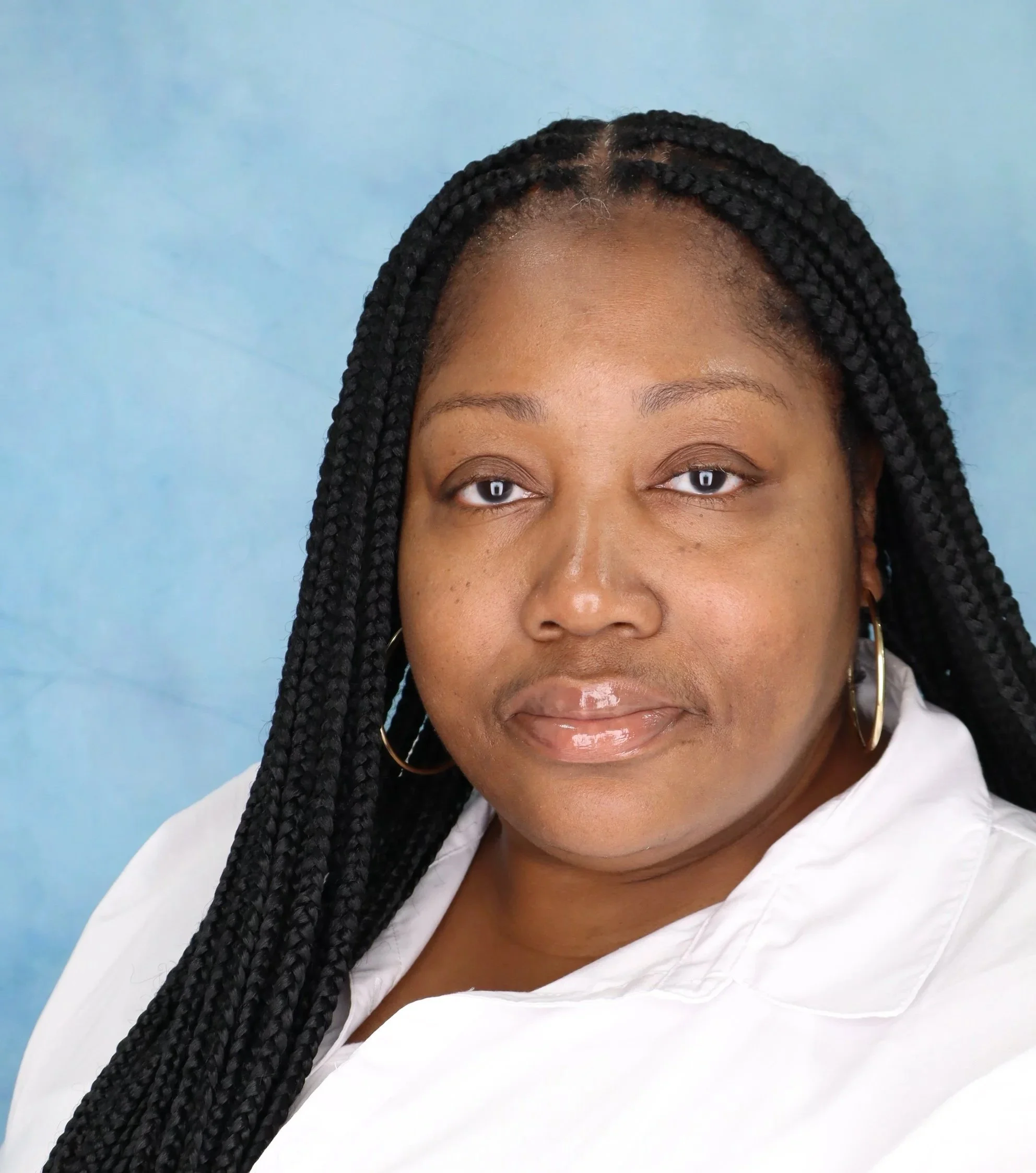From A Prison Cell to A College Dorm
I am a justice-impacted individual. This means I’ve been through the prison system. At the age of ten, I was sentenced to twelve months in Skillman Youth Correctional Facility. I believe this experience shaped me and prepared me for what was yet to come in my life.
I grew up in a community that lacked many of the resources that could have set me on a path to success. Instead, it was filled with drugs and crime. Every day when I walked out of my front door, I saw drug dealers with nice cars and flashy jewelry—that’s what I gravitated toward. By the age of eleven, I was on a corner selling drugs, and that became my life for the next twenty years.
No one ever told me that way of life was wrong. I believed this was how I was supposed to care for myself. And who would expect an eleven-year-old to have the responsibility of taking care of themselves? By the age of thirty-nine, I was sentenced to fourteen years in prison for a non-violent drug offense and possession of a weapon.
This summer, I’m having the opportunity to intern with the Newark Public Safety Collaborative (NPSC) at the Rutgers-Newark School of Criminal Justice. I couldn’t help but wonder: what if I had been exposed to this type of work as a child? Being directly involved in this collaborative effort with several community-based organizations has opened my eyes to a new way of thinking about community safety. Instead of arresting a ten-year-old to be put in a correctional facility with the consequent impact on their family and community, a prevention over punishment model could have been used. This would have certainly changed my life and the lives of others growing up in that area.
The NPSC could have used data to identify areas of the city in greater need of resources and worked with its community partners to come up with strategies to assist at-risk individuals. Far too often, those most affected by crime are left out of the conversations that shape the very solutions meant to support them. What the NPSC is doing shows that this kind of engagement works and can improve community safety through more transparent, data-informed engagement, empowering community organizations to become change agents.
I want to be clear when I say it’s not about ignoring the impact of crime in the community. It’s about understanding that lasting solutions require sustained engagement from those most impacted by crime.
Unfortunately, I faced these adversities, but I would not change them. While incarcerated, I embarked on a journey that has taken me to places I could have never imagined—that journey was higher education and advocacy.
During my incarceration, I began my college education and advocated for myself and others. I earned an Associate’s degree in Sociology and received a scholarship to the Honors Living-Learning Community at Rutgers University–Newark. Today, I am a non-traditional student living on campus, working toward my B.A. in Social Work and minoring in Social Justice.
I am grateful. I am humbled.
I am Miseka Diggs.

